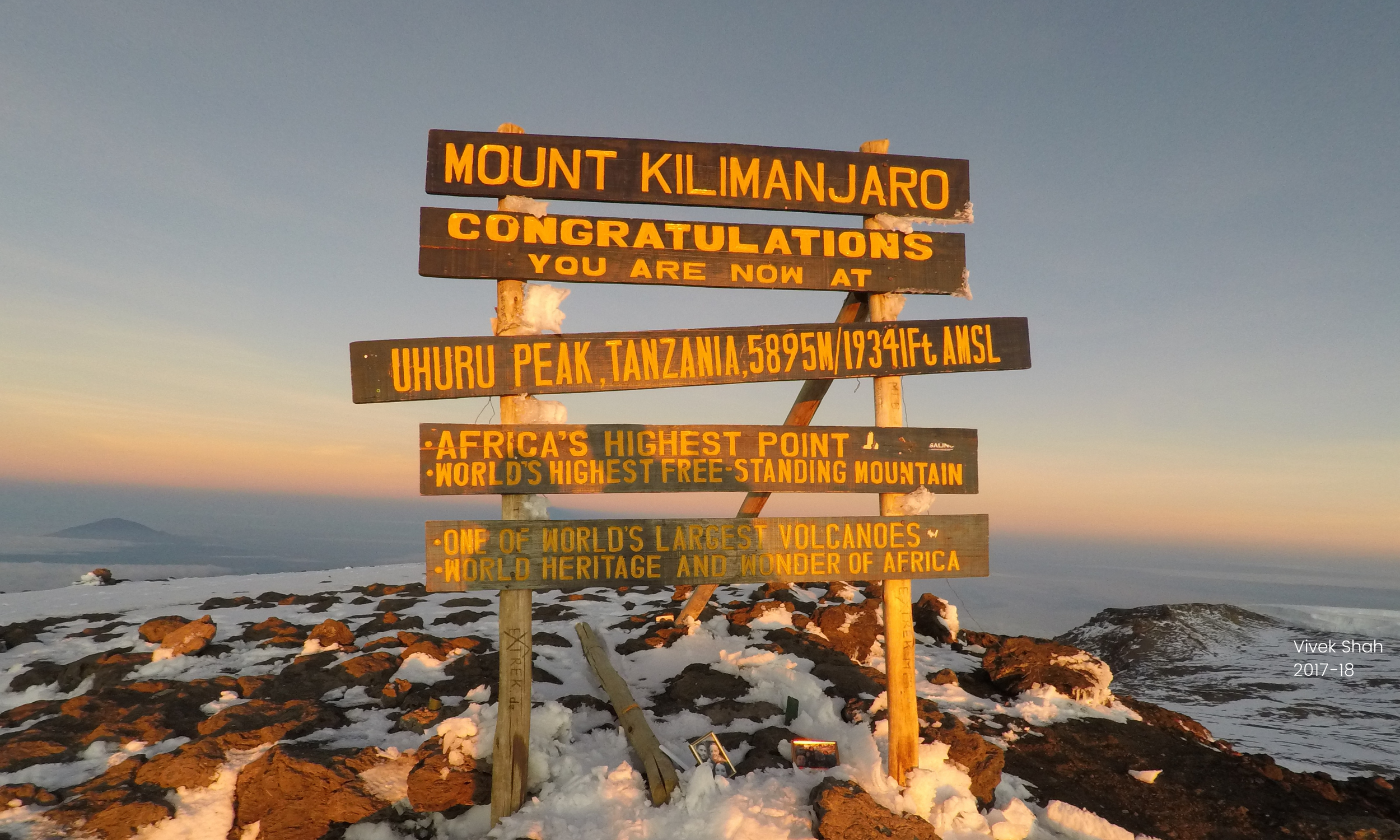
A BRIEF HISTORY
THE TRAVELING FELLOWSHIP AT VANDERBILT UNIVERSITY
The Michael B. Keegan Traveling Fellowship has a rich history of encouraging students to learn through immersive, global experiences. Originally launched in the 1960s, the program has evolved over the decades (and gone by many names), providing fellows countless opportunities for personal growth and cross-cultural understanding. Today, it continues to support students and young alumni as they explore the world.
Summer Keegan Traveling Fellowship (2024 - Present)
In 2024, Vanderbilt expanded the Keegan Traveling Fellowship to encompass Summer Keegan Traveling Fellows, offering rising juniors and seniors a $5000 grant for immersive eight-to-ten-week explorations of a topic of their choosing. This new initiative allows for more students to experience the transformative Keegan programming while pursuing personal growth and learning over the course of a summer.
Michael B. Keegan Traveling Fellowship (2004 - Present)
In 2003, Michael B. Keegan (1980-1981) offered to fund the 2004 award and to secure an anonymous endowment that would guarantee the Traveling Fellowship program on an annual basis. In recognition of this commitment to the program and to Vanderbilt University, the program has been renamed in Michael Keegan's honor.
The Summer Keegan Fellowhip launched in 2024. This program awards four students each summer $5,000 to pursue international travel for at least eight weeks during the summer to research a topic of their choosing.
Vanderbilt Traveling Fellowship (1987 - 1997, 2001)
Led by Michael Ainslie (1965-1966), former Fellows raised funds to revive the Fellowship in 1987 and financially support the program at Vanderbilt through 1997, plus the year 2001.
World Trade Council of Middle Tennessee Traveling Fellowship (1980 - 1983)
In the late 1970’s, led by former Vanderbilt Fellows Michael Ainslie (1965-1966) and Ed Turner (1966-1967), former Corning Fellows from the five participating universities banded together to establish the Corning Fellows Association, Inc. to revive the Fellowship. They took this action because they felt that the Traveling Fellowship had been one of the most important experiences in their lives. David Albright (1963-1964), the first Vanderbilt Fellow, used his position as President of the World Trade Council of Middle Tennessee to raise most Fellowship funds between 1980 and 1983. Due to economic reasons, however, funding from the World Trade Council ceased after 1983.
Corning Traveling Fellowship (1963 - 1968)
The idea of creating a fellowship based upon a self-designed program of travel and learning was conceived in 1960 by Amory Houghton, Jr., Chairman of the Board of Corning Glass Works. He worked in collaboration with J. Leslie Rollins, Dean of Admissions at the Harvard Business School, and John H. Finley, Eliot Professor of Greek Literature at Harvard College.
Most existing Fellowships, in their view, favored students interested primarily in postgraduate academic pursuits. As a result, they developed The Corning Traveling Fellowship, a unique initiative with a number of features not evident in other postgraduate programs:
The Fellow undertakes a self-designed course of study of his/her own format and design. The student travels to learn, not being confined to a campus or classroom.
In an increasingly globalized world, an internationally savvy skillset is necessary to thrive. As such, the student becomes comfortable interacting with unfamiliar people, cultures, societies, and situations.
Other Fellowships heavily favored brilliant academic performers while neglecting “doers” whose contributions to campus life might have had negative effects on grade point averages (scholar-athletes, student government officers, campus newspaper editors, etc.).
By 1964, The Corning Fellowship program had expanded to include students from Yale, Vanderbilt, Kentucky, and North Carolina, in addition to Harvard. Competition was keen among the applicants from all five of these universities. The Corning fellows spent a year traveling around the world. No two projects were alike. As a group. the Fellows compiled a remarkable record of accomplishment in politics, law, business, and other fields.
Unfortunately, Corning only saw its role as innovator of the traveling fellowship concept, not as a source of long-term financial support. Hence, 1968 was the last year of the Corning Traveling Fellowship program.
